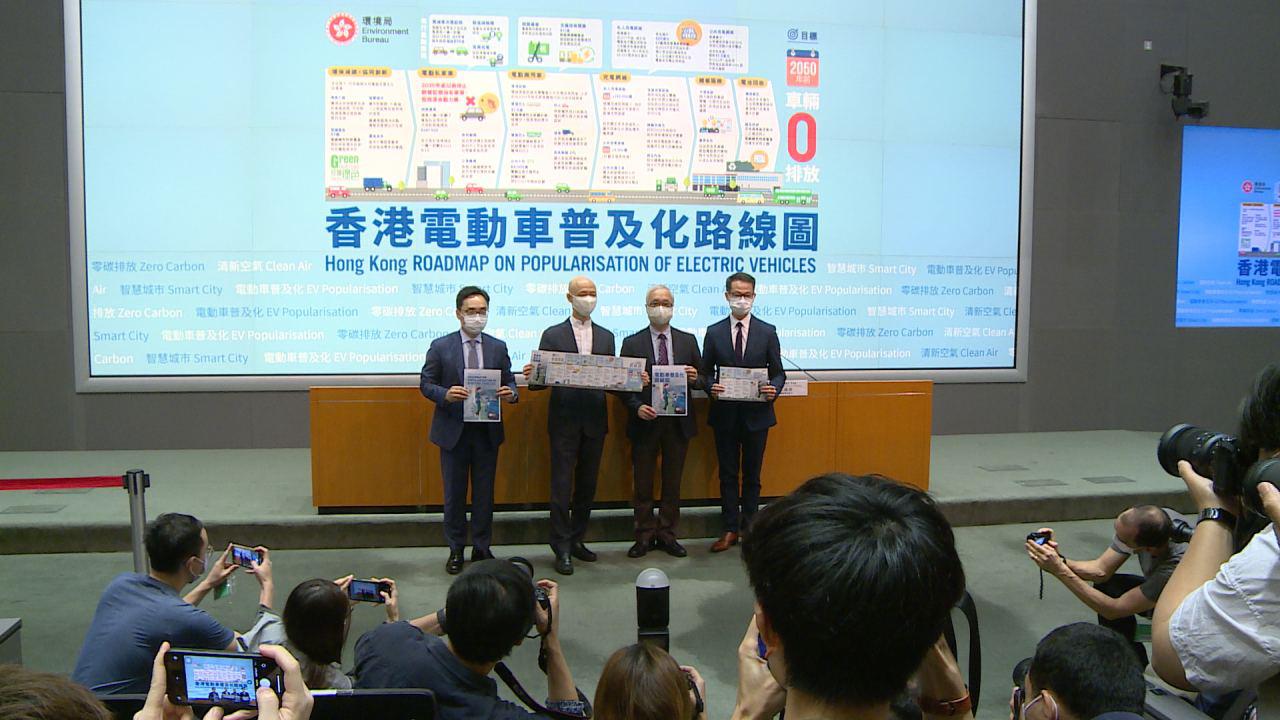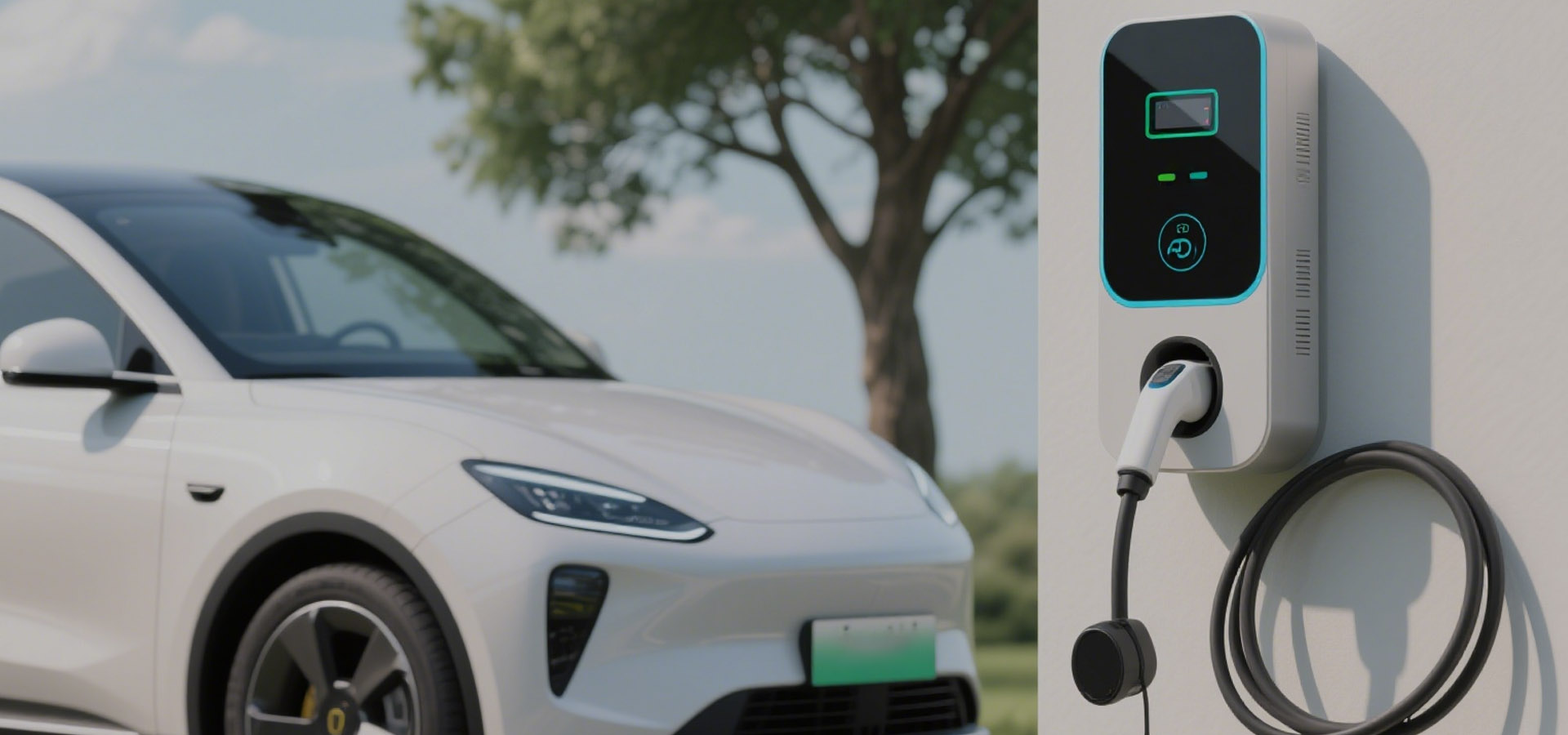The first roadmap for the popularization of electric vehicles is released
Government News
The Government announced the first roadmap for the popularization of electric vehicles in Hong Kong, with the goal of achieving zero emission for all vehicles by 2050, further improving air quality and making Hong Kong a more liveable smart city.
The Secretary for the Environment, Wong Kam-sing, said at a press conference today that the government has introduced various measures in the past to support the popularisation of electric vehicles, with satisfactory results. Taking newly registered private cars as an example, data from last year showed that one in eight cars was an electric car, a proportion that is among the highest in Asian cities.
He said that based on the existing policies, the roadmap proposes six major areas to enable Hong Kong to move towards the vision of "zero carbon emissions, clean air and smart city" in an orderly manner.
The first area is to promote the use of electric private cars. The Budget has already announced that new registrations of fuel-powered private cars, including hybrid cars, will be stopped by 2035. The Government will also update its environmentally friendly procurement policy, and all future purchases of small and medium-sized private cars will be based on electric vehicles. The Government will also call on and encourage public organisations to refer to the relevant arrangements and jointly promote the popularisation of electric vehicles.
For electric commercial vehicles, the authorities will launch a special trial program covering single-decker and double-decker buses, public light buses, taxis, trucks, and other vehicles such as motorcycles for delivering takeaway food. Wong Kam-sing pointed out that promoting the use of electric commercial vehicles is more complex and challenging. The government hopes to accumulate experience through the trial program in order to formulate more specific policy directions and timetables.
As for the electric vehicle charging network, the Government expects that by 2025, private buildings will be able to provide more than 150,000 parking spaces equipped with electric vehicle charging facilities; the number of public charging parking spaces will increase to more than 5,000, and will double in the future.
In addition, the authorities will set up designated charging points at public transport interchanges in new development areas for use by public transport vehicles, and identify suitable locations to establish a fast charging network and related equipment covering the whole of Hong Kong, including studying the transformation of petrol stations and gas filling stations into charging stations.
Wong Kam-sing pointed out that as electric vehicles become increasingly popular, charging spaces in government car parks will be charged from 2025 onwards to promote the marketisation of charging services and make better use of charging resources.
The other two areas involve electric vehicle repair services and battery recycling. The Government will work with tertiary institutions and the industry to train relevant talents so that they can master the skills to repair and maintain electric vehicles. In the coming years, the authorities will strive to legislate to establish a producer responsibility system to properly recycle retired electric vehicle batteries.
Finally, in terms of environmental protection, carbon reduction and collaborative innovation, the Government will set up an inter-departmental task force to examine high-end technologies suitable for Hong Kong, including new energy vehicles.

Next: EU to vote on tariffs on Chinese electric vehicles, rumored to have enough votes to pass




